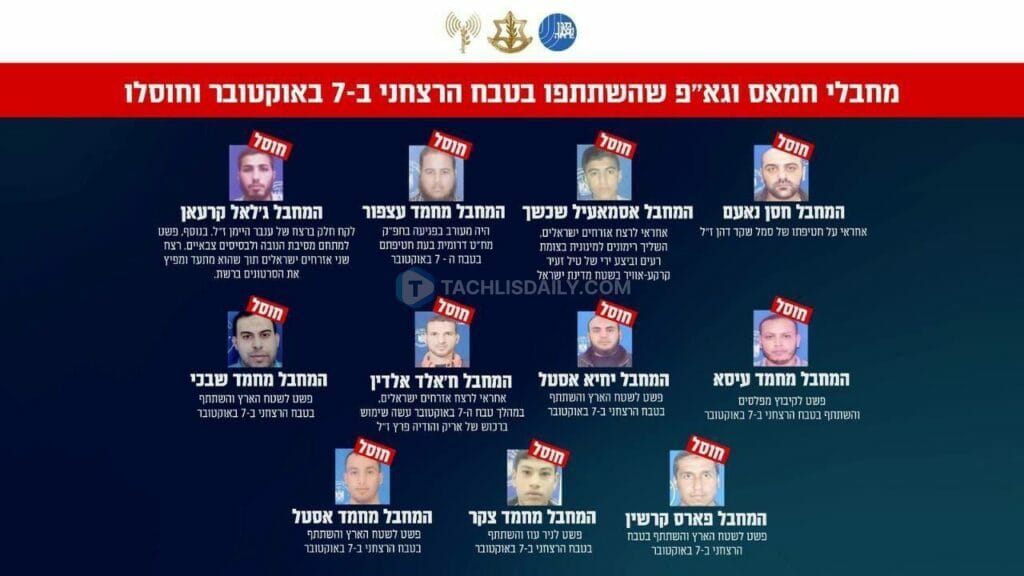Shiva Asar B’Tamuz
The fast begins at alos hashachar of the 17th of Tamuz. After alos, it is forbidden to eat or drink.
Before going to sleep the night before the fast (i.e. the night of the 17th), it is best to articulate aloud that if one wakes up before alos hashachar he will eat and drink. Having this in mind is also acceptable (meaning it is enough if one simply planned in his mind that he is going to eat when he wakes up before alos).
One who did not plan at all to eat before alos should not eat upon awakening; however, he may still drink (if it is before alos hashachar)
Within half an hour before alos, one should not start to eat anything that is considered a
halachic meal (a k’beitzah of bread, cake, or the like)
Women may eat a halachic meal within half an hour before alos.
Pregnant and nursing women should consult a Rav in regards to fasting.
One who has a medical issue, or feels weaker than usual, should consult a Rav in regards to fasting.
Minhagim of the Three Weeks
The time between the 17th of Tamuz through the tenth of Av was a time of great devastation in our history. The greatest churban was that the two Batei Mikdash were destroyed during this time. During this tragic period, we conduct ourselves with various minhagim of mourning to memorialize all that happened. There are different levels of stringencies regarding the minhagei aveilus practiced.
Starting from the evening of the 17th of Tamuz, we begin practicing some of the minhagei aveilus.
These include:
• Not making weddings.
• Not listening to music.
• Not shaving or taking a haircut.
• Not doing things that would cause one to make the bracha of shehechiyanu.
Each of these will be discussed separately.
Weddings
The Poskim discuss whether one may make a wedding before nightfall of the 17th of Tamuz and continue through the night (meaning the chupah takes place before shkiah, and the dancing and meal are after shkiah). Many are lenient if there is a need.
One may get engaged during the three weeks and have a l’chaim. However, dancing and music are not allowed at the l’chaim.
One who wishes to have an additional engagement celebration (for example many have a vort after already having had a l’chaim) should consult a Rav to see if it is allowed.
Music
We do not listen to live or recorded music for enjoyment during the Three Weeks.
One who does not have intention to enjoy the music may listen. For example, one does not need to leave the waiting room of an office if there is music playing in the background. Similarly, one may listen to music while driving in order to help keep himself awake, or if one needs music in order to exercise, he may listen (as long as one cannot exercise without it).
Children may listen to their tapes with music in the background. Additionally, music may be played for young children.
Playing instruments is also not allowed during the Three Weeks; however, practicing in order not to lose one’s music skills is allowed.
Singing is allowed as long as it does not bring a lot of enjoyment.
On Shabbos or at a Seudas Mitzvah, it is permissible to sing even if it brings a lot of enjoyment.
Haircuts
The minhag is for men to refrain from cutting or shaving any hair on their head or body during this time. Combing hair is permitted.
Likewise, women should not cut the hair on their heads during the Three Weeks. However,
married women may cut their hair for modesty reasons if needed. In regards to hair in other places, many poskim allow it to be cut if needed.
If one’s mustache disrupts his eating, it may be trimmed. Additionally, it is permissible to cut any hair on the body for health reasons.
One may take a haircut or shave if not doing so would result in a monetary loss. Consult a Rav
to find out what is considered a “monetary loss.” Additionally, one should consult a Rav in regards to the week of Tisha B’Av.
An adult should not give a child a haircut during this time. (In case of need, one may be lenient and give a child a haircut from the 17th of Tamuz until Rosh Chodesh Av; however, from Rosh Chodesh Av one may not give a haircut.)
If a bris milah falls out during the Three Weeks, the father of the baby, the mohel, and the sandek may take a haircut and shave. However, if the bris falls out during the week of Tisha B’Av one should consult a Rav.
Shehechiyanu
It is best not to make the bracha of shehechiyanu on a new fruit or on new clothing during the Three Weeks. However, if the fruit will not last until after Tisha B’Av, one may save the fruit for Shabbos or Rosh Chodesh and make the bracha then.
At a pidyon haben or a bris (in Eretz Yisroel), shehechiyanu may be said. Those who have the minhag to recite shehechiyanu at the birth of a daughter may also say it.
The bracha of ומיטיב הטוב may be said during the Three Weeks.
Items and clothing that do not require the bracha of shehechiyanu may be bought and worn during the Three Weeks. However, it is best to refrain from buying items that bring a lot of joy.
Rabbi Shmuel Weiner is the Rov of Zichron Nosson Tzvi in Ramat Eshkol











